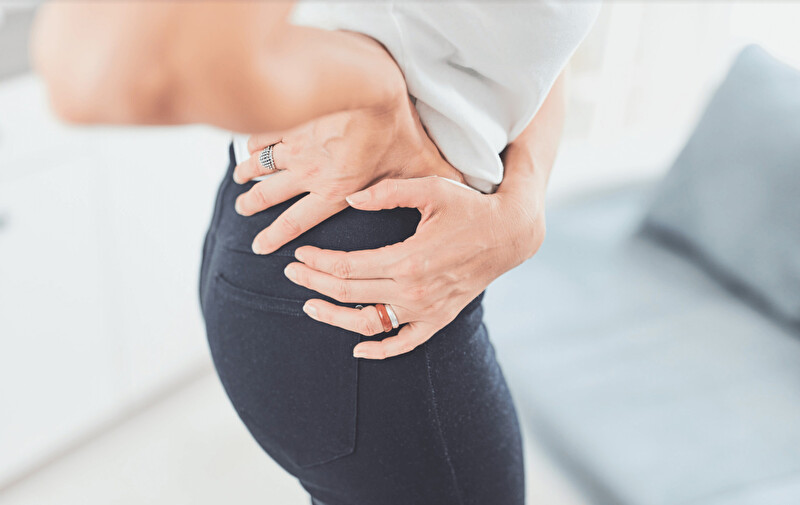Pilates: The Secret to a Stronger Mind and Body
While many know Pilates as a physical workout that strengthens and tones the body, fewer understand its powerful impact on mental health. The connection between the body and mind is integral to Pilates, making it an excellent tool for those looking to improve both their physical fitness and mental well-being.
1. Stress Relief and Relaxation

In today’s fast-paced world, stress is an all-too-common feeling. Pilates, with its focus on deep breathing and slow, controlled movements, helps activate the parasympathetic nervous system—essentially telling your body to “calm down” and reduce stress. The mental clarity that Pilates offers comes from its mindfulness techniques, where you’re encouraged to focus on your breath and movements rather than the outside world. This shift in focus helps alleviate anxiety, leaving you with a feeling of calm and mental relaxation after each session.
2. Enhanced Mood and Emotional Well-being
Regular Pilates practice has been shown to improve mood by releasing endorphins, the body’s natural mood boosters. Whether you're starting your day with a morning session or unwinding after work, Pilates can offer an emotional reset. Many clients report feeling lighter, more energized, and more emotionally balanced after just a few sessions.
3. Mindfulness in Motion

Pilates encourages mindfulness, which is the art of being present in the moment. By focusing on your breath and body alignment during each movement, you not only strengthen your body but also foster mental clarity. This focus helps you build a deeper connection to your body, creating a sense of control and accomplishment, which can improve confidence and emotional well-being.
4. Improved Sleep Quality
Because Pilates helps regulate the nervous system and reduce stress, it can also improve sleep quality. With regular practice, your body learns to relax and wind down, which can be particularly helpful for those who struggle with insomnia or restless nights due to anxiety or stress. A solid Pilates practice can serve as a natural sleep aid by preparing the body for rest.
5. Building Resilience and Coping Skills

Pilates teaches you to push through discomfort while maintaining focus and control. This mindset can carry over into life off the mat, helping you handle challenges with greater resilience. Whether it’s dealing with a stressful situation at work or handling personal difficulties, the mental discipline developed in Pilates can serve as a tool for coping with life’s hurdles.
Conclusion
Pilates offers more than just physical benefits—it’s a holistic approach that nurtures both body and mind. By incorporating Pilates into your routine, you’re not only working to strengthen your muscles but also improving your mental health, resilience, and overall well-being. It’s time to make Pilates a part of your mental health toolkit!

